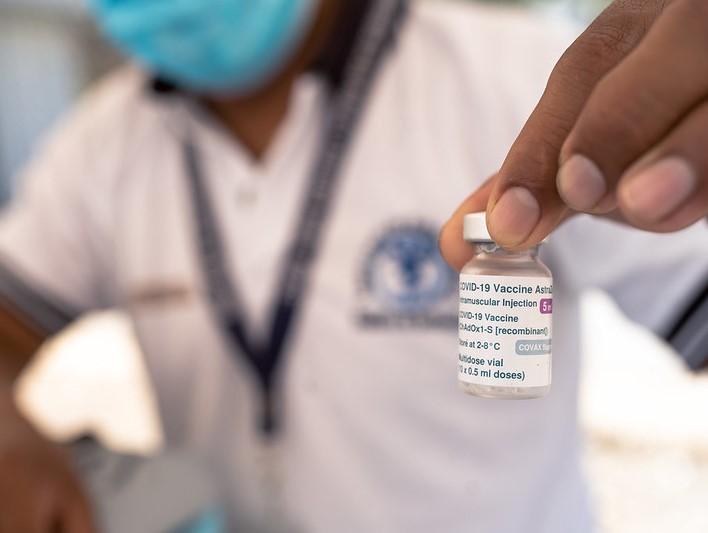Amid a global COVID-19 surge fueled by the highly transmissible Delta (B1617.2) variant, the World Health Organization (WHO) today called for a moratorium on booster vaccine doses to allow the global supply to fill gaps in lower-income countries.
The global total is now within striking distance of 200 million cases, with surges in Asia and the Middle East making up much of the latest weekly increase.
Moratorium call highlights lower-income country need
At a media briefing today, WHO Director-General Tedros Adhanom Ghebreyesus, PhD, said that it's unacceptable that countries that have already used most of the vaccine supply will be using even more of it. High-income countries have given nearly 100 doses for every 100 people, while most low-income countries have only been able to give 1.5 doses for every 100 people.
Although he understands that governments want to protect their people from the Delta variant, Tedros said the world needs an urgent reversal, with the majority of vaccine going to low-income countries. "Accordingly, WHO is calling for a moratorium on boosters until at least the end of September, to enable at least 10% of the population of every country to be vaccinated," he said, urging G20 leaders and vaccine companies to take key steps to prioritize donations and the COVAX program.
A handful of developed countries such as Israel, the United Kingdom, and Germany have announced plans starting to give booster doses to older people and other vulnerable groups. Israel has already started, and the latter two have signaled that booster doses will start in September.
Global cases near 200 million
In its weekly update on the pandemic yesterday, the WHO said global cases could top 200 million by next week, with cases increasing for more than a month. Over the last week, much of the rise was from surges in the Middle East and Western Pacific countries.
Overall deaths declined by 8% compared to the previous week, though fatalities were up sharply in the Middle East and Western Pacific.
Three more countries reported their first Delta variant detections, raising the total to 135.
The five countries reporting the most cases last week are the United States, Indonesia, India, Brazil, and Iran. And countries reporting some of the biggest weekly increases include Morocco (up 146%), Japan (121%) Turkey (114%), Iraq (37%), Malaysia (29%), Iran (27%), Thailand (26%), Vietnam (26%), Mozambique (25%), and Mexico (23%).
More global headlines
- Japan today reported a new record daily high of 14,207 cases, with Tokyo—currently hosting the Olympic Games—also reporting a single-day high of 4,166 cases, according to the Japan Times.
- Elsewhere in Asia, Thailand reported more than 20,000 daily cases for the first time, and China, which is experiencing Delta clusters in several cities, reported 71 new local cases today, the most since the end of January. About half were from Jiangsu province.
- South Korea reported its first two “Delta plus” variant cases, according to Reuters. One involved a man who had no travel history, and the other was in someone who recently returned from the United States. Delta plus has the Delta sublineage, first identified in India, but it also has a spike protein that is also found in the Beta variant. Sporadic Delta plus cases have also been reported from India, Britain, and Portugal.
- A preprint study from scientists based at Imperial College London suggests that overall vaccine effectiveness amid the United Kingdom's Delta surge was 49%, with an estimate of 58% when they included only strong test positives. They said the estimates were lower than for some countries, but in line with recent data from Israel.
- The global total today rose to 199,906,769 cases, along with 4,251,942 deaths, according to the Johns Hopkins online dashboard.






















